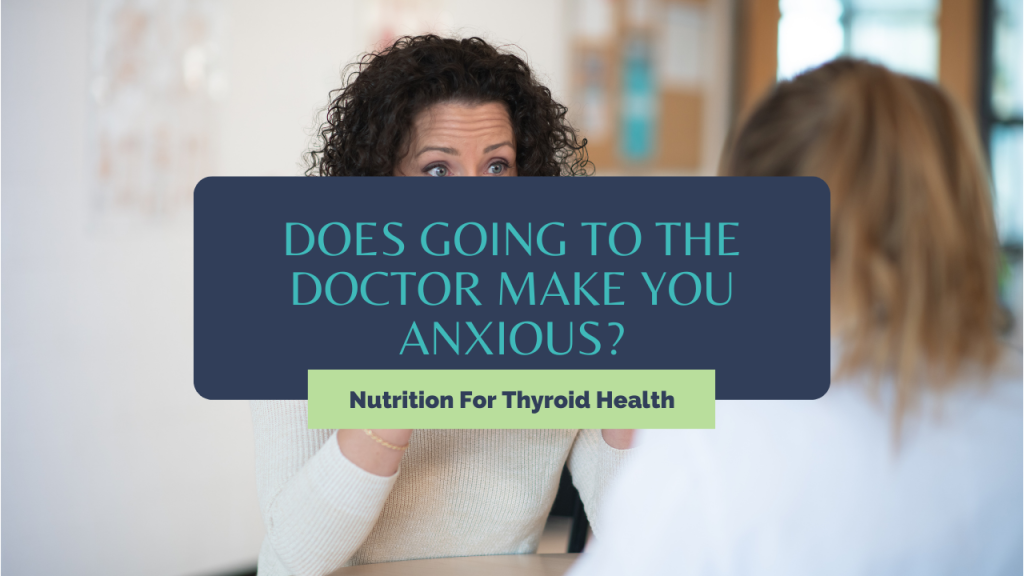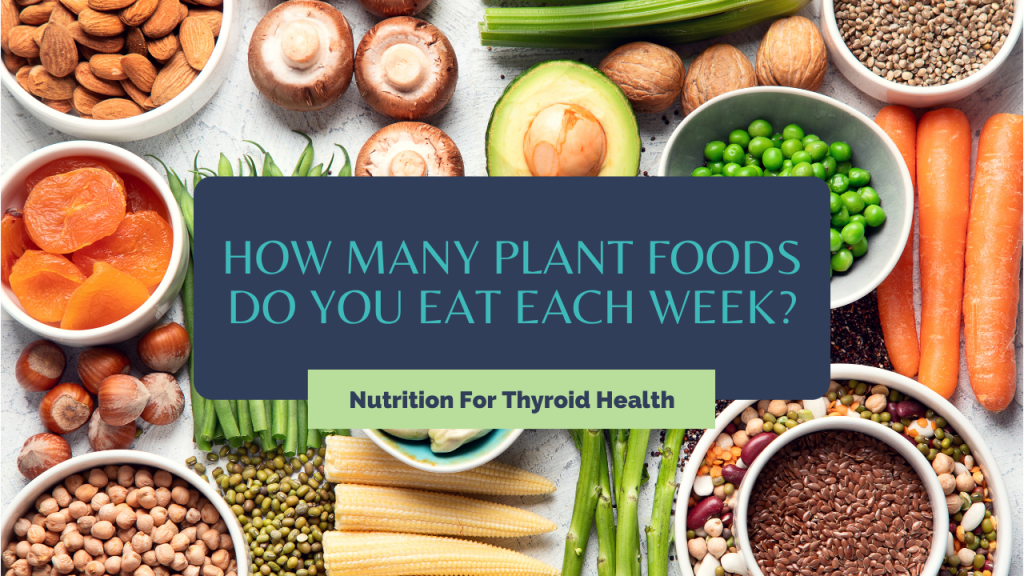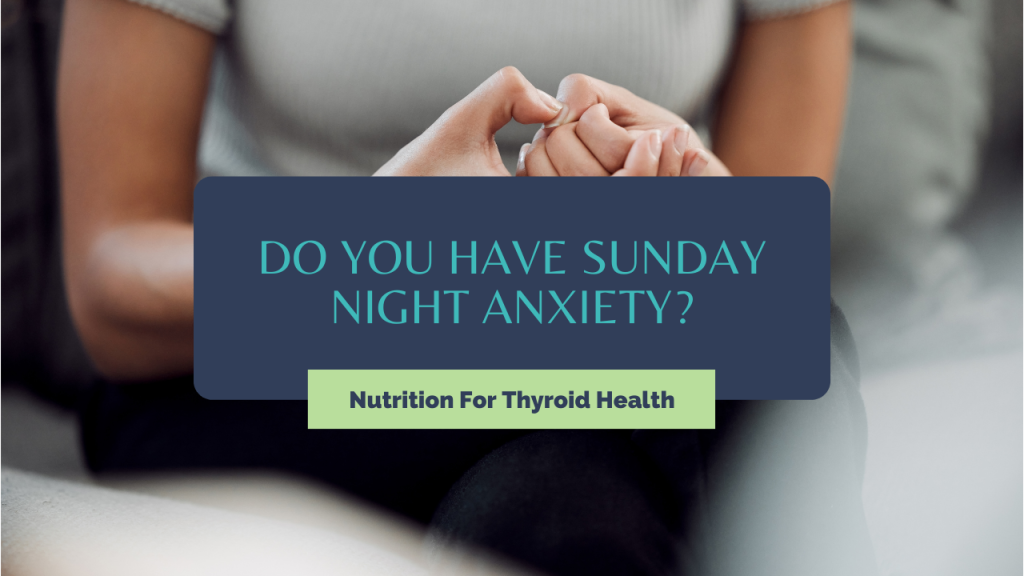Doing All The Right Things But Still Feeling Fatigued?
Women’s hormones play a crucial role in overall health and wellness. Knowing your hormone levels and getting them optimized can have significant benefits for everything from energy, mood, and weight to sleep, fertility, and libido. In this post, we’ll discuss why it’s important to know your hormone levels, what happens when your female hormones are off balance, and what happens when you get them optimized. Let’s dive in!
Doing All the Right Things but Still Feeling Off?
Do you still feel tired? Are you not losing the weight? Are you not even losing inches? If this sounds like you, it sounds like you’re in the same situation as a lot of people that I’m working with right now. They too are not feeling very energetic right now. So, what you probably haven’t done is that you haven’t optimized your hormones.
Why You Should Know Your Hormone Levels
Regularly monitoring your hormone levels is an important part of maintaining good physical and mental health. As women age, hormonal imbalances can become more common due to lifestyle factors such as stress or diet that can cause shifts in estrogen and progesterone levels. Regular hormone testing can help you identify if these imbalances are present and provide the opportunity to take preventative steps before any issues worsen.
What Happens When Your Female Hormones Are Off-Balance
When female hormones such as estrogen and progesterone become unbalanced, many physical and emotional symptoms may arise. Common symptoms of hormonal imbalance include mood swings, irregular or heavy periods, acne, weight gain or difficulty losing weight, fatigue, headaches or migraines, low libido, night sweats, anxiety and depression. If left untreated these symptoms can get worse over time and lead to more serious health problems down the road.
What Happens When Your Hormones Are Optimized
Balancing your hormones can have a positive impact on many different aspects of your health. When hormone levels are optimized, you may experience improved energy, better mood and sleep, regular menstrual cycles, less acne or skin issues, weight loss or easier weight management, heightened libido, and reduced anxiety and depression. Additionally, balanced hormones can help with fertility and reduce the risk of chronic diseases such as heart disease and certain cancers.
Ultimately knowing your hormone levels is essential for supporting healthy functioning both now and in the future. If you’re interested in finding out more about how to get optimized contact me in the bio for personalized advice!
Need a Health Reset?
Get ready to regain your vitality and feel like yourself again!
This monthly membership will take you through the core symptoms that needs to be addressed when you are looking to optimize your health. You will learn the importance of self-care strategies, overcome emotional eating, and take a deep dive into what you need to do for YOUR body to regain your vitality and feel like yourself again.
Let’s Connect!
Say goodbye to fatigue and hello to a full and vibrant life! Join me over in my Facebook group where we are talking all about how to take back control of your health!
Be sure to follow me on my Facebook, TikTok, Instagram and Pinterest for tips and tricks on how to use nutrition to live your very best life!
Doing All The Right Things But Still Feeling Fatigued? Read More »





